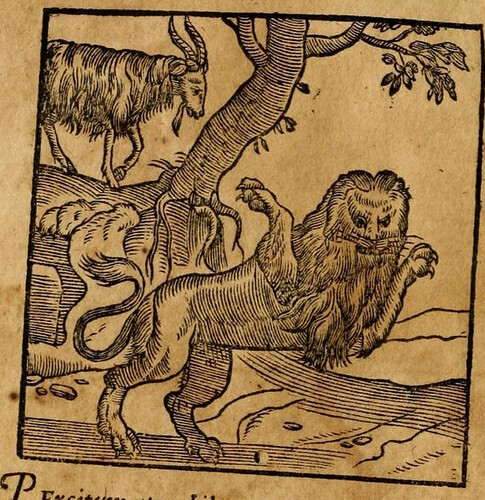HODIE (Roman Calendar): ante diem septimum Kalendas Novembres.
MYTHS and LEGENDS: The art image for today's legend shows Atlas; you can also see the legends for the current week listed together here.

TODAY'S MOTTOES and PROVERBS:
TINY MOTTOES: Today's tiny motto is: Alte volo (English: I fly high).
3-WORD PROVERBS: Today's 3-word verb-less proverb is Patria cuique cara (English: To each, his homeland is dear).
AUDIO PROVERBS: Today's audio Latin proverb is Ora et labora, deus adest sine mora (English: Work and pray; God will aid you without delay). To read a brief essay about this proverb and to listen to the audio, visit the Latin Via Proverbs blog.
PUBLILIUS SYRUS: Today's proverb from Publilius Syrus is: Semper plus metuit animus ignotum malum (English: The mind always fear more the evil that is unknown).
ERASMUS' ANIMALS: Today's animal proverb from Erasmus is Suo ipsius indicio periit sorex (English: The shrew-mouse perished by its own testimony; from Adagia 1.3.65 - as the fable tells us, it squeaked when it should have kept quiet!).
BREVISSIMA: The distich poster for today is Sic Habe Divitias. Click here for a full-sized view.

And here are today's proverbial LOLcats:


TODAY'S FABLES:
MILLE FABULAE: The fable from the Mille Fabulae et Una widget is Platanus et Viatores, the story of an unappreciated tree and ungrateful wayfarers.
FABULAE FACILES: The fable from the Fabulae Faciles widget is Asinus Leonis Pelle Indutus, the famous story of the donkey in the lion's skin (this fable has a vocabulary list).
Latin Fables Read by Justin Slocum Bailey. Here is today's audio fable: Leo Furens et Caprea, with links to the audio and to the blog post.

